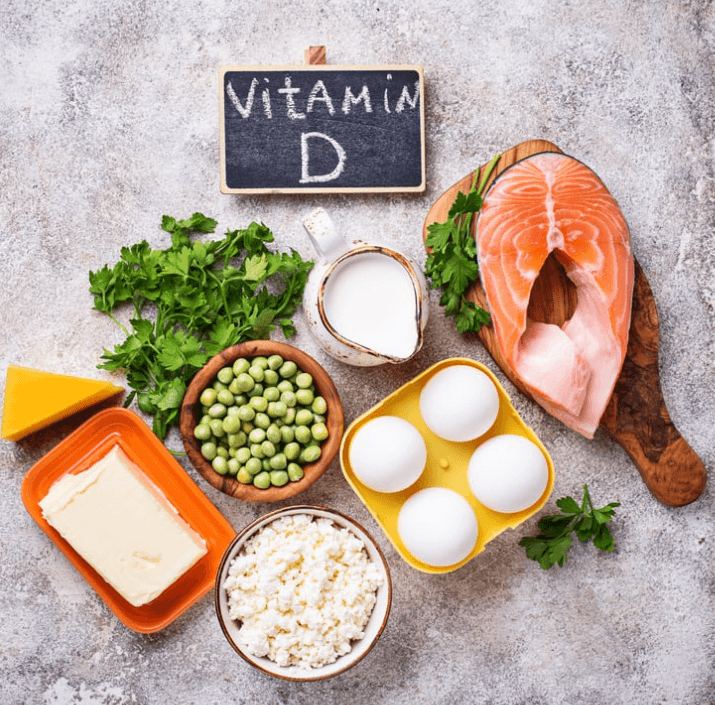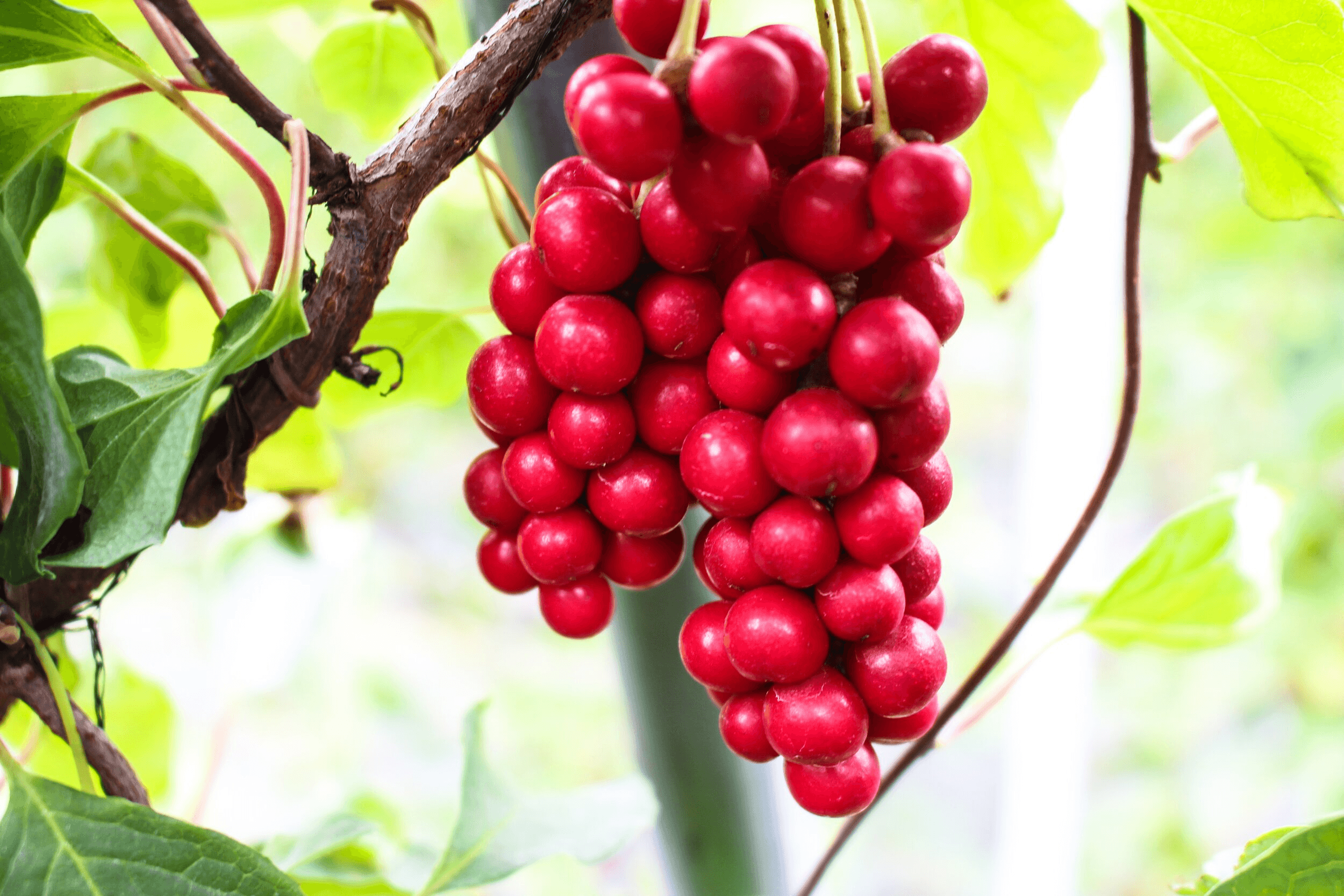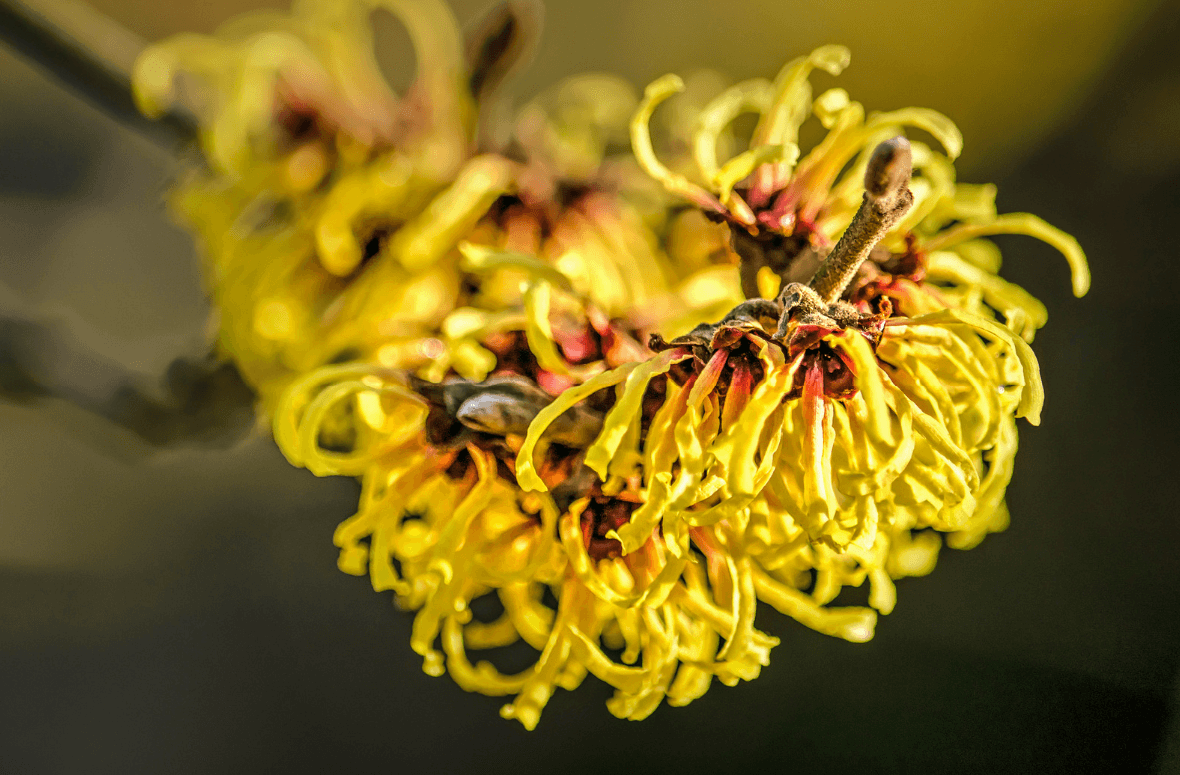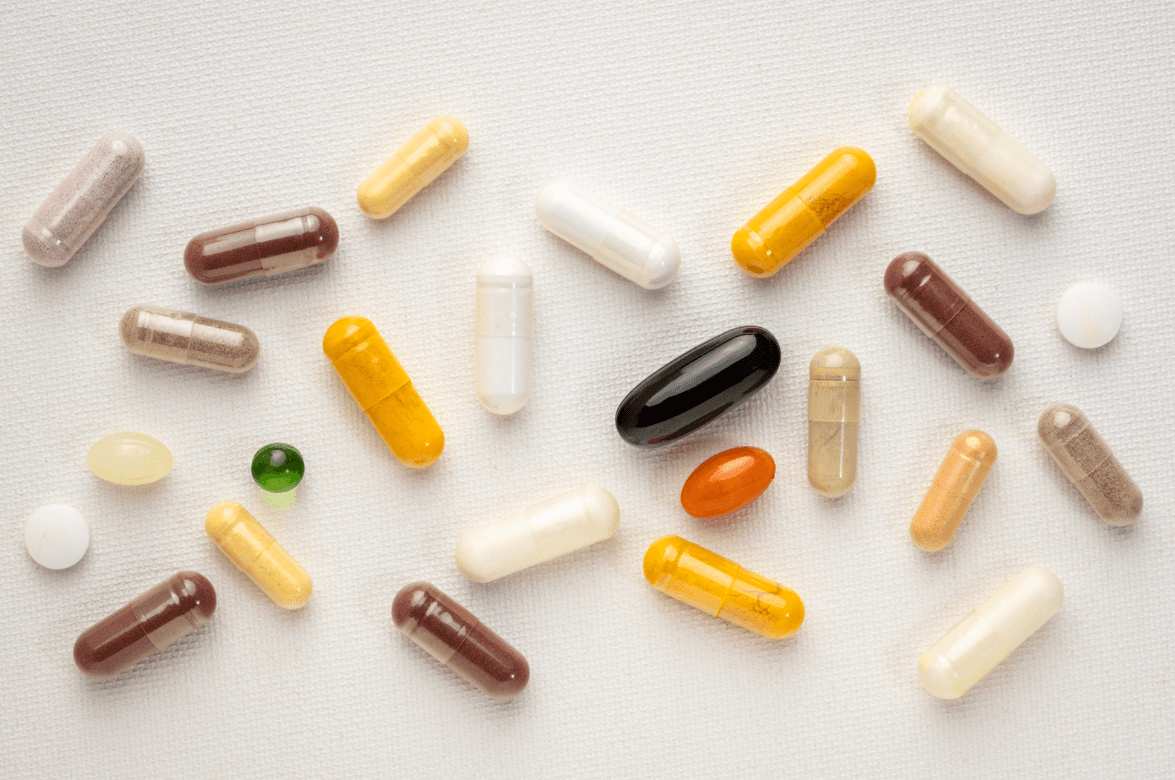Supplements That Reduce Sweating: Do They Actually Work?
Discover ten supplements that reduce sweating—and which supplements may increase sweat.
Supplements and natural remedies are a secret weapon against many medical conditions. They offer benefits ranging from improved bone health to weight loss promotion. Some can even help prevent dementia and improve skin health. But are there supplements that reduce sweating?
If you suffer from hyperhidrosis, the medical term for excessive sweating, that’s probably a question you’ve asked once or twice. While researchers are still investigating if essential vitamins and herbs reduce sweat production, some studies suggest there may be a connection. This is especially true for those with secondary hyperhidrosis, excessive sweating caused by an underlying medical condition, or for those who experience stress sweat. Plus, supplements are a great way to replace essential vitamins that we sweat out due to hot weather and other sweat triggers.
Why Consider Supplements for Sweating?
For many with hyperhidrosis or night sweats, the only thing harder than dealing with excessive sweating is the search for the right treatment. Treatment options range from prescription antiperspirants to medications and surgery. A healthcare provider may also recommend avoiding triggers, like spicy foods or tight clothing.
But depending on what’s causing your perspiration, these treatments don’t get to the root cause. Sometimes, sweating can be caused by internal imbalances, such as nutritional deficiencies, low blood sugar, or stress. And that’s where supplements and other home remedies come in.
Supplements and herbs can provide necessary nutrients to help our bodies, including our sweat glands, function as intended. The beauty of supplements is that they can be used alongside other treatment options.
Plus, those with hyperhidrosis may sweat out key nutrients, such as calcium or vitamin C, and supplements can replace any minerals or vitamins we sweat out.
Supplements Tied to Sweat
If you’ve ever shopped for supplements, you know there’s quite a few options to choose from. To help you select the right ones for your sweat ducts, we compiled a list of the four best vitamins and minerals for overactive sweat glands—and one to use in moderation.
Magnesium
Your organs depend on magnesium to contribute to strong bones and teeth. Magnesium also helps the body convert and use energy, among other biological processes. Plus, a 2022 study found that those with higher magnesium levels had fewer mental health symptoms associated with primary or secondary hyperhidrosis, such as anxiety and depression.
Excessive sweating is also a leading cause of magnesium deficiency. To replace the magnesium we sweat out, a magnesium supplement is commonly recommended for those with hyperhidrosis. Magnesium can also be found in foods, like leafy greens and nuts.
Vitamin B Complex
Anyone else feel like they sweat more when stressed? If so, it may be worth checking if you have a B vitamin deficiency. Vitamin B supplements are often associated with lower levels of stress and anxiety, which trigger sweat in 71% of folks with hyperhidrosis. Vitamin B also occurs naturally in foods, but there’s many types of Vitamin B (B1, B2, B3, and the list goes on and on). A supplement with a vitamin B complex provides multiple types of this essential vitamin.

Vitamin D
85% of those with primary hyperhidrosis experience embarrassment or anxiety due to sweating. Vitamin D may reduce the mental health symptoms of hyperhidrosis. Plus, some studies suggest vitamin D helps reduce the activity in overactive sweat glands for individuals experiencing menopause or orthostatic hypotension, though more research is required to verify these claims.
Calcium
Calcium is best known for promoting strong bones, but it has other benefits too. It helps the brain communicate with multiple parts of the body, regulates blood vessels, and releases vital hormones. While it’s not directly linked to sweat, calcium’s benefits may reduce sweat duct activity.
Zinc
Zinc isn’t the same as the others on this list. That’s because high doses of zinc actually increase sweating. While zinc enhances the immune system and helps with cellular metabolism, those with hyperhidrosis don’t want to take more than the recommended daily allowance (between 2mg-12mg, depending on age and gender).
Herbal Remedies and Natural Aids for Sweating
Vitamins and minerals aren’t the only natural treatments for sweating. These six herbal remedies may reduce sweat duct’s activity too. Many can be found in supplements, though they can be brewed in teas or added to meals as well.
Sage
For centuries, women have used sage to prevent hot flashes associated with menopause. While there’s little medical research to back sage’s antiperspirant qualities, many swear this natural solution delivers the best results.
Schisandra
Schisandra is the plant you’ve never heard of, but should probably have. Sometimes referred to as the five-flavor berry, schisandra has been used in Northern China, Russia, and Korea for centuries, thanks to its ability to treat gastrointestinal disorders, full-body weakness, and excessive sweating—and yes, you read that last benefit correctly. In fact, schisandra is one of the plants most closely linked to sweat reduction. Typically, it's taken as a supplement, in powder form, or in drinks.

Green Tea
If you have hyperhidrosis, you may be concerned that hot tea could raise your core temperature and cause sweating. When it comes to green tea, those worries can be discarded. Green tea offers a variety of benefits, including acting as a natural antiperspirant.
Chamomile
Chamomile is a plant popularly used in tea. Whether you drink chamomile tea or take a supplement with it, know that it may offer antiperspirant properties, reduce stress, and help skin health.
Witch Hazel
Witch hazel isn’t as scary as the name suggests—and you don’t need a witch’s cauldron to use this herb. Witch hazel can be brewed in teas, added to supplements, or used in salads. No matter how you consume it, it may be a natural way to reduce sweat.

Valerian Root
Last but not least is valerian root. Like other supplements on this list, valerian root reduces stress and anxiety, two primary triggers for hyperhidrosis. This herb can be consumed in a tea or supplement.
Potential Risks and Considerations
Like most good things in life, supplements and herbal remedies aren’t without their risks. For one, the scientific evidence that any supplements treat hyperhidrosis is sparse, especially compared to other treatment options.
Some supplements may also interact with medications or pre-existing conditions, leading to some not-so-nice side effects. To avoid these, consult a healthcare professional before trying a new supplement.
And keep in mind supplements are not FDA regulated, meaning it’s difficult to verify what ingredients they contain. To find a trusted supplement brand, consult a healthcare professional who has experience recommending supplements. Bonus points if that professional specializes in treating hyperhidrosis.
The SweatRx platform makes getting those bonus points easy. We connect folks with hyperhidrosis with leading dermatologists, who can advise on the best treatment options for your needs and symptoms.
Common Questions About Supplements for Sweating
Can supplements completely stop sweating?
There is no evidence that supplements can stop sweating. Some, however, do contain antiperspirant properties. These include magnesium, schisandra, and valerian root.
How long does it take for supplements to work?
Typically, it takes somewhere between two weeks and a month to start experiencing a supplement’s health benefits. However, this varies by the type of supplement and from person to person.
Are these supplements safe for everyone?
Supplements can interact with other medications or pre-existing conditions. As a precautionary measure, consult a healthcare provider before starting a new supplement.
Can supplements help with medical conditions like hyperhidrosis?
Supplements with antiperspirant properties may help with medical conditions like hyperhidrosis. These include magnesium, schisandra, and valerian root. Others, like sage and Vitamin B, may reduce the likelihood of sweat triggers, like anxiety.
What should I consider before starting supplements for sweating?
Before starting supplements for sweating, consult a healthcare professional. They can help you choose the right type of supplement for your needs. Additionally, they may suggest complementary treatment options to reduce sweat or provide tips to reduce sweat triggers, such as wearing breathable fabrics or reducing stress.






